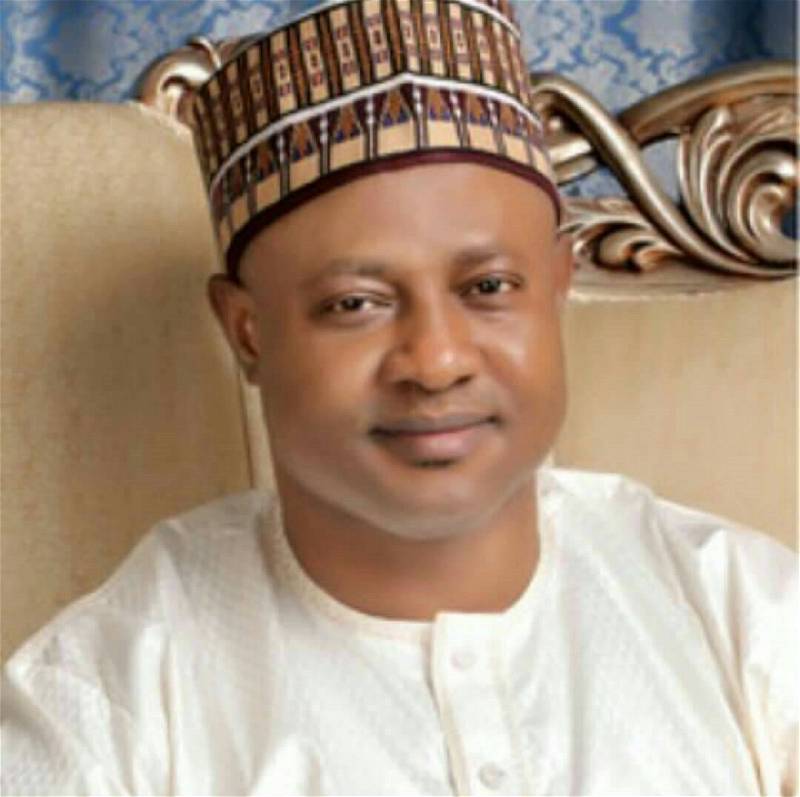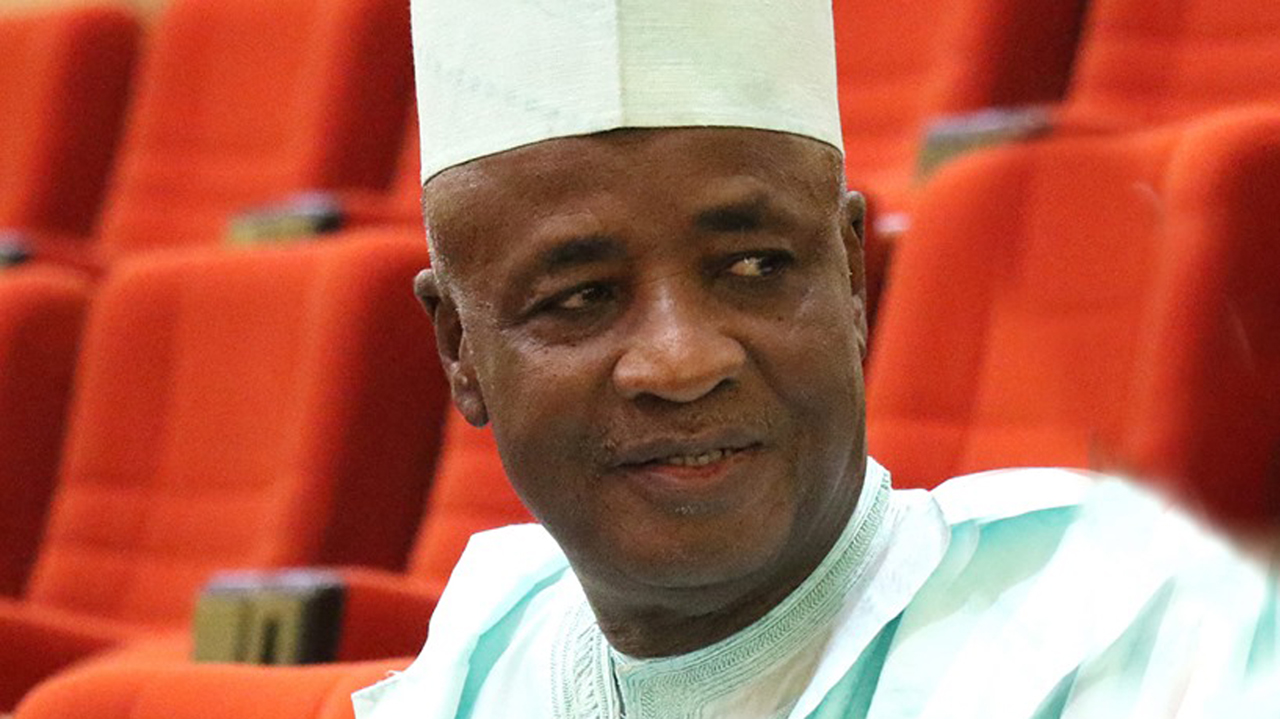By Emmanuel Ado
“Local government is the foundation of democracy; if it fails, democracy will fail.” – Robert W. Flack
Local Government Councils are definitely the most important level of government, because it’s policies and programmes have direct impact on the lives of the people. Robert W. Flack describes local governments as the foundation of democracy,hence the appellation – grassroots government. Flack’s argument that if the local government councils “fails, democracy will fail” makes cogent sense and buttresses the importance of the local governments, even if unfortunately in Nigeria,their story hasn’t been palatable,due to an appalling lack of capacity to perform and corruption. Today most local councils in Nigeria exist only in name and live on the past glory of the era when the likes of Shehu Shagari ran them and the councils performed creditably.An era that people remember with great nostalgia.
The importance of the local government councils and the ultimate objective of bringing government closer to the people, to ensure their participation in the running of their “local” affairs,which being smaller units,should be more responsive and accountable, can’t be over emphasized. Also very critical is the provision of basic infrastructure and amenities, to accelerate socio – economic development. But these minimum expectations haven’t been achieved going by the stark reality, principally because of several factors,but most especially because the operators lack capacity and to a very large extent due to an endemic corruption,which further affected the capacity to deliver.
Much blame has been heaped on the constitutional framework,especially the lack of financial autonomy for the failure of the councils to perform, a classical case of a bad workman quarreling with his tools.The question begging for answer, is what have the councils done with the latitude that they have? Absolutely nothing!In fact, but for the measure of control by most state governments and the occasional bail outs, many councils would have been declared bankrupt. The campaign for financial autonomy by the Speaker of the House of Representatives, for the councils on paper is fantastic,but the reality very sadly calls for “guided development”, until such a time that the operators of the councils would have raised their game,by tackling headlong the issues of capacity, poor revenue generation, corruption, poor service delivery etc.
There is no system that is perfect,the clamor for constitutional amendment to make them “more effective” is a misplaced priority by the National Assembly. There is no doubt that fundamental issues exist and would continue to exist, but the operators of the councils must first convince Nigerians that they are deserving of more powers and functions,including financial autonomy by functioning effectively in the areas that the 1999 constitution has so richly endowed them with powers. What the local government councils need, are surgical operations like the one the Kaduna State Government carried out on them, to refocus them for service performance. A local government council that has more than 2,000 workers on its payroll,can never (and they never did) deliver service to the people,nor meet its monthly obligations to the workers. Over-staffing is one reason why many local governments were constantly broke. For instance the administration department of Zaria Local Government had over 300 staff,before the reform. The effect of this was that it couldn’t pay salaries without the support of the state government.
It is against this background that the much criticized reforms of the Kaduna State Local Government Councils by the State Government,in conjunction with the Local Government Councils must be evaluated. Where the radical reforms necessary and what are the outcomes? Much more critical,are the councils better positioned today to deliver service,than they were before the reforms?Unknown to many people,is that most responsibilities the State Government is castigated over or held guilty of, are actually constitutional functions of the local governments- primary schools, refuse collection,feeder roads,primary healthcare system.Though different levels of government, all the people demand is service and not buck passing,which compelled the state to shoulder such responsibilities and at great cost to itself.
Like all Reforms, that of the local governments certainly had its pains,but it was clearly necessary and urgent,which if the state government had delayed, would have led to hemorrhage,as the councils were unnecessarily over bloated.With over 10,000 workers,there was no way the councils would pay salaries and perform routine services. To worsen their crisis, they were further saddled with catering for about 5,882 Village Heads,from 1,429 and 390 District Heads from 77. Had the state government not assumed responsibility for the 33 Chiefs and Emirs,the chiefs would have experienced first hand the scandal of delayed wages that their District,Village and Ward Heads suffered in the hands of the councils.
The restructuring has clearly reduced the burden that a bloated payroll imposed on local government councils. With a total staff strength of 6,732 workers,down from the about 12,000 excluding primary school teachers and health workers and a more manageable traditional institution,the councils have definitely been repositioned to deliver services to the people. As part of the reforms the councils have prescribed maximum establishment personnel for them,like the ministries,departments etc setting out their maximum staff strength. For instance Kaduna North Council, were no farming takes place,has been relieved of the headache of having an agriculture department,it didn’t need in the first place. While that of Lere local council a major farming area of the state has been strengthened.
To ensure performance the Kaduna State Local Government Reform Law 2017 makes it mandatory that the councils must spend 60% of their revenue on capital development. Jema’a, Kauru, Giwa, Makarfi, Kaduna North councils for instance have all embarked upon Multi million projects like feeder roads,markets etc. because each month after the payment of salaries,they have healthy reserves of N20 million and above to embark on projects. This development justifies the government reform programme and gives hope that finally the councils can render service. It is very delightful that councils in Kaduna State for the first time in ages,are doing more than payment of salaries. The hope is that they can increasingly take up more of their responsibility,like Forest Management, and even Waste Management,as they strive to deliver the best possible outcomes for the people.
The Reform of the local government councils doesn’t in any way construe any desire on the part of the state to trespass on the territory of the councils,but rather a duty to society that they function effectively to the benefit of all. Like governor Nasir El-Rufai argued,while the State can not usurp the powers of the councils, it can remove “the impediments that hinder their performance”,which is precisely what the reforms has done to the benefit of all,including the state government which has been relieved of augmenting shortfalls.
Moving forward responsibilities of being a local government official is becoming much more difficult,as governance becomes more complex. For instance it was the glaring absence of capacity at local government level that led donor agencies to demand that primary health care be taken over by state governments, and the introduction of the Primary Health Care Under One Roof policy. Officials must poses special skills and have deep understanding to solve critical problems facing their various communities. Computer literacy is a must. Thinking out of the box to attract funding for projects by donor agencies is the way to go.
The crisis in the educational sector was created by previous council chairmen, party officials, and bureaucrats who saw teaching profession as the dumping ground for their supporters. The people have a duty to ensure that this doesn’t happen again. The Kaduna State Local Government Reform Law 2017 has made participatory governance a must empowers the people to resist such tendencies. Communities must actively participate in governance by participating in the preparation, implementation and review of development plans.
Political opponents of the governor who have threatened Governor Nasir El – Rufai with electoral consequences because of the reforms are clearly playing crude politics. They can’t pretend not to know that many of the councils performed no other function beyond payment of salaries, and were on life support,which greatly hampered their capacity to render effective service to the community. As envisaged by the Fourth Schedule of the 1999 Constitution, the third tier of government, that were meant to bring governance closer to the grass roots have finally Doing do at least in Kaduna State. The Governor must be commended for not chickening out. Gratefully the benefits of greater capacity for service delivery, of promoting development are becoming manifest.



